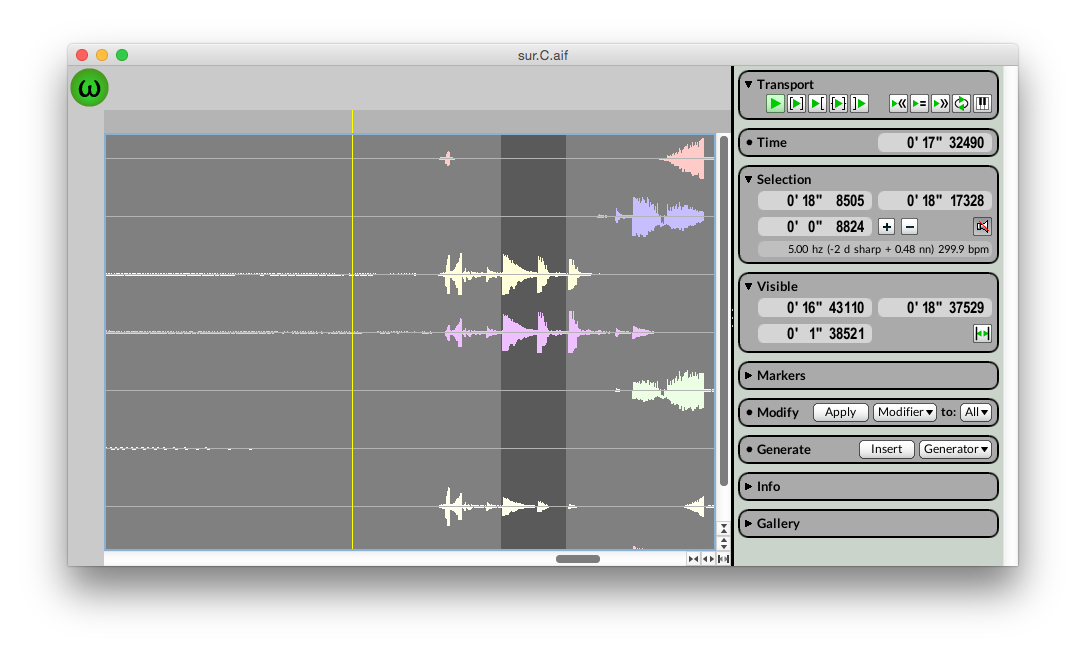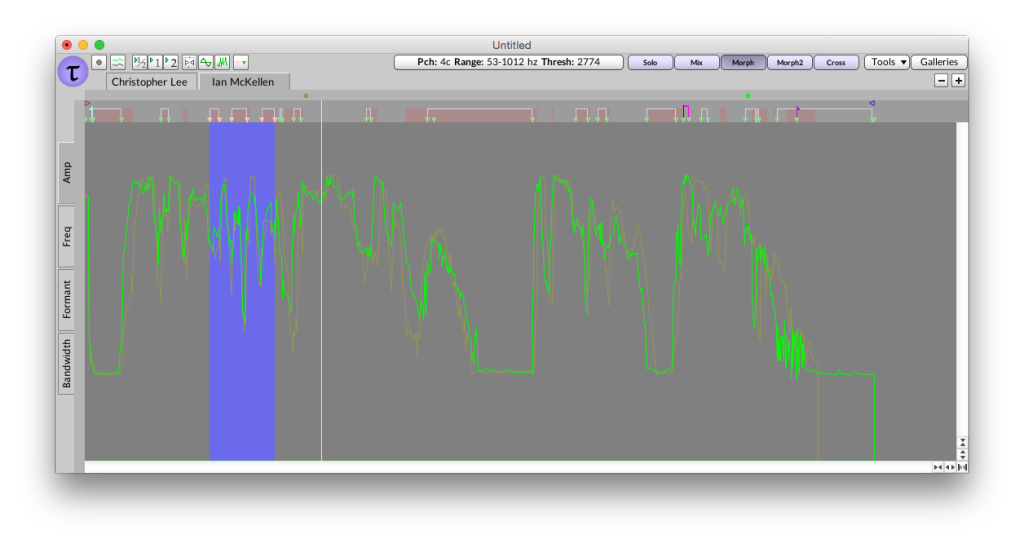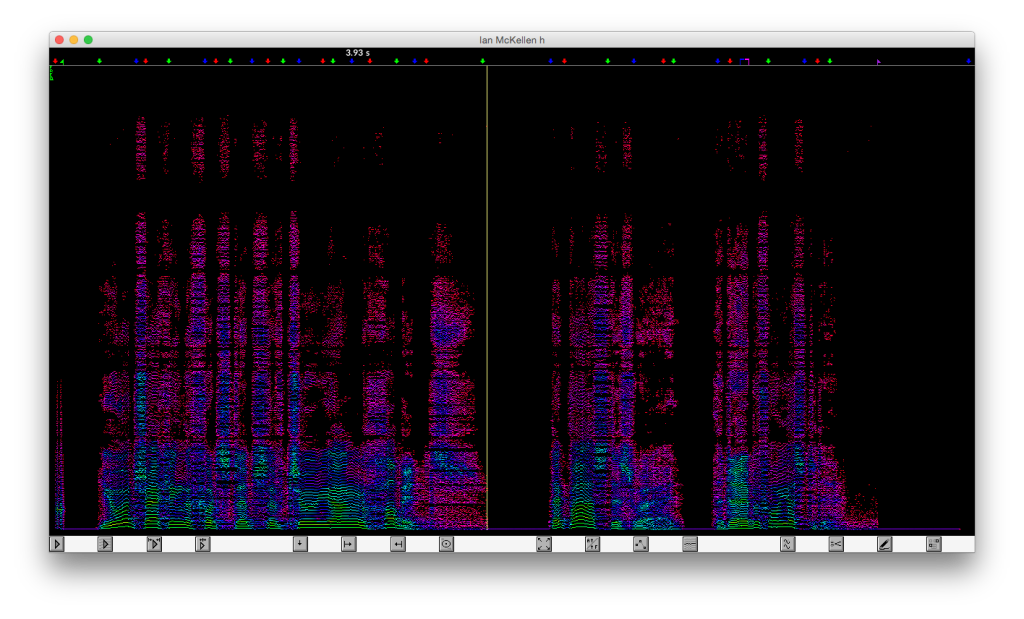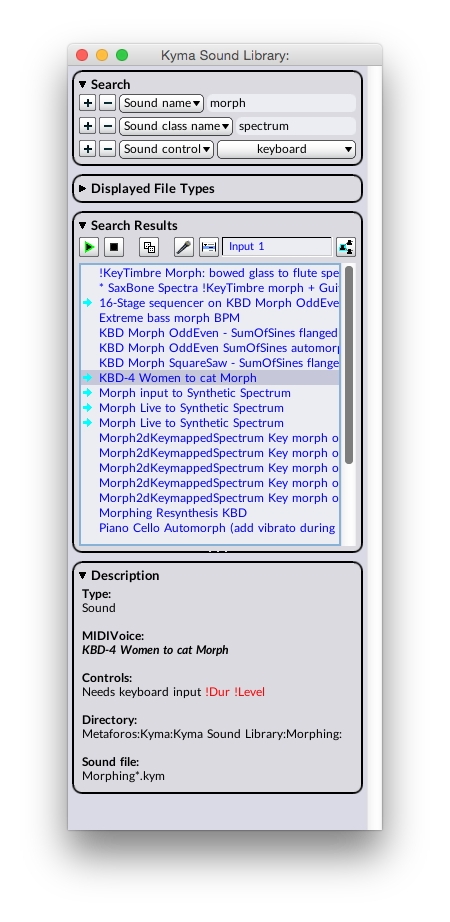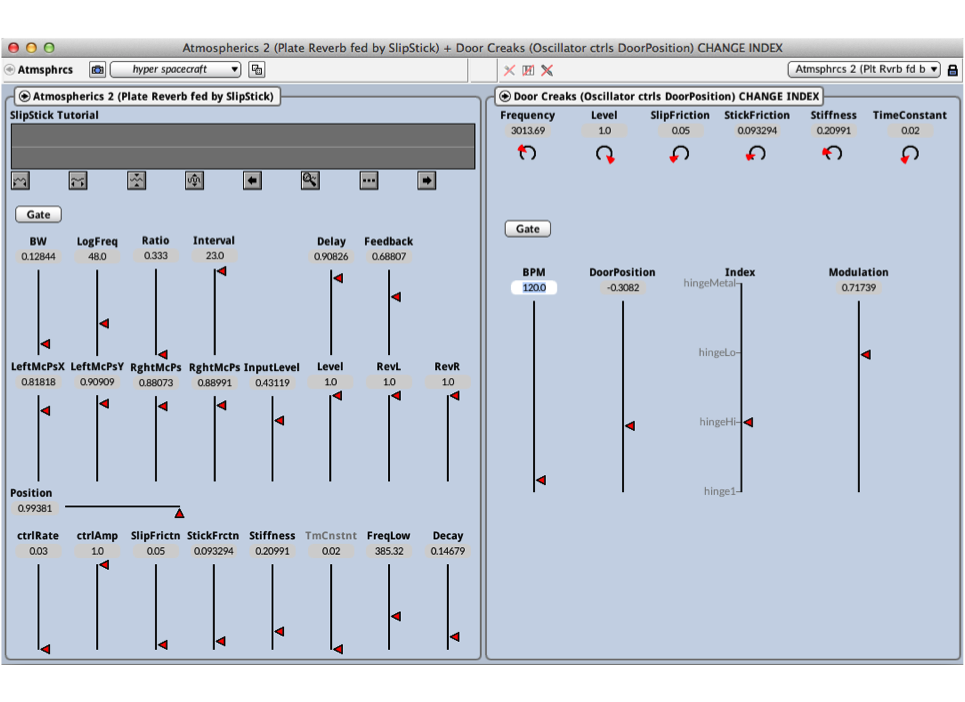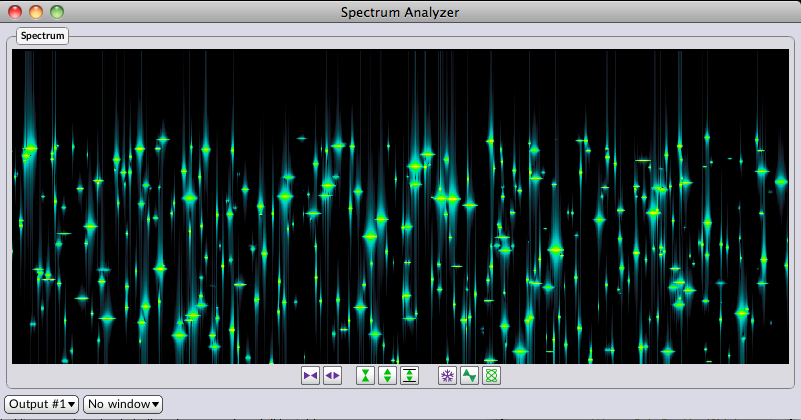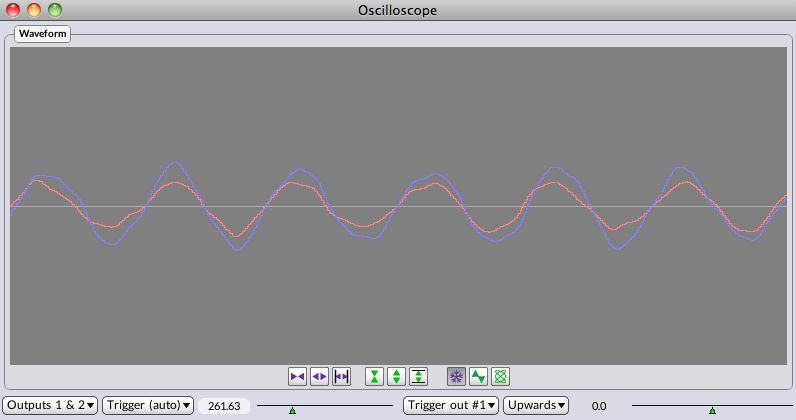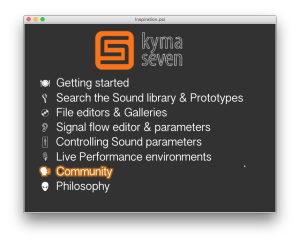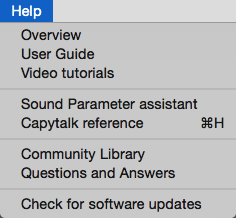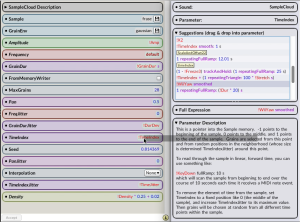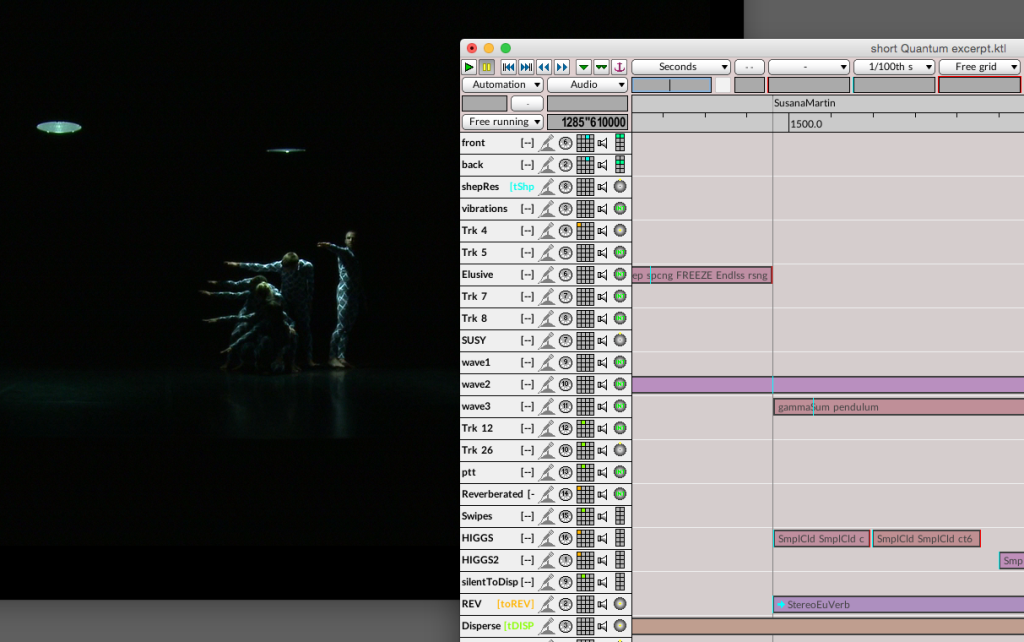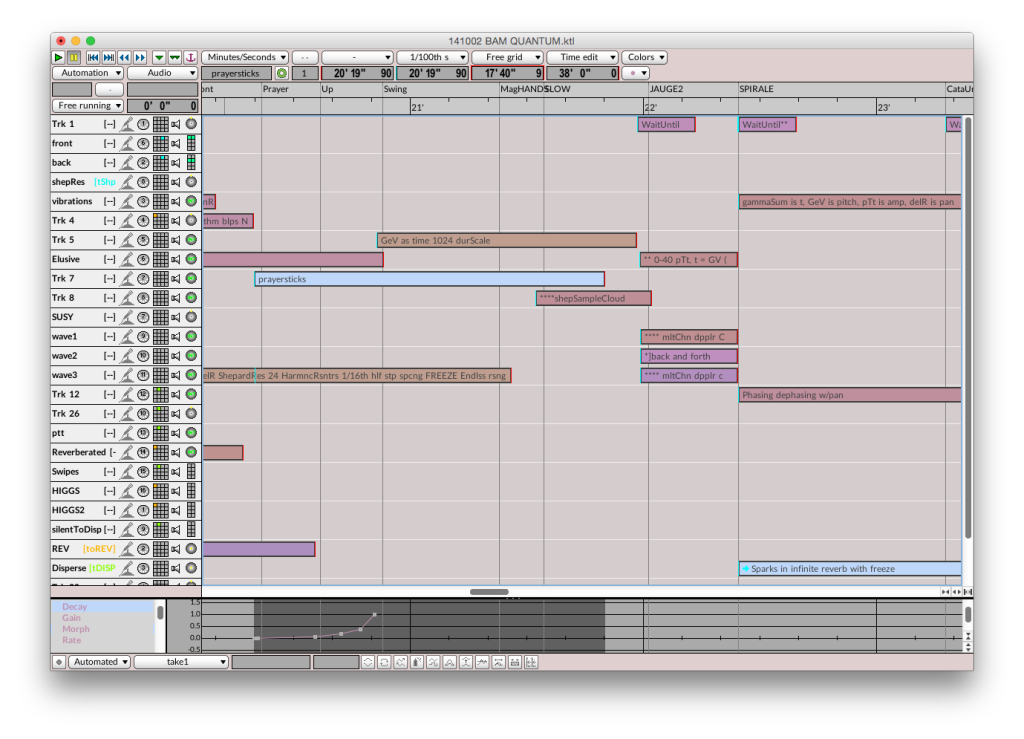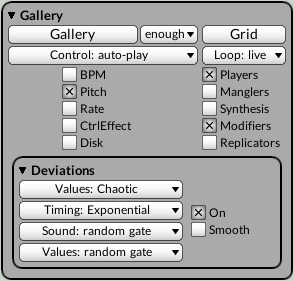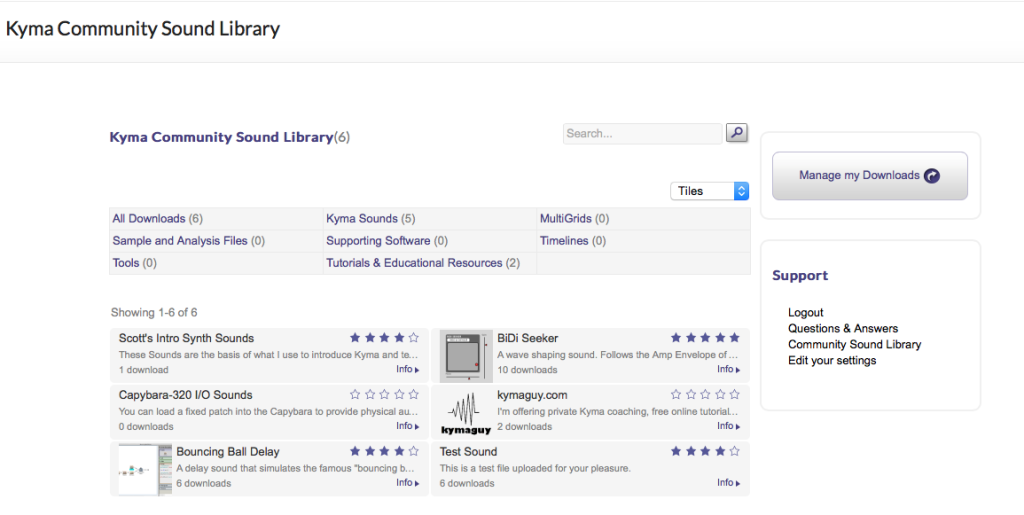What is Kyma?
Kyma provides file editors to help prepare source materials;
A searchable Sound Browser that helps you locate the files and sounds you need (plus a roll-the-dice option that helps you find the ones you never realized you needed);
A comprehensive set of powerful building blocks called Prototypes;
And a beautiful language for combining those building blocks into new synthesis and processing algorithms
with a versatile real-time parameter language for intelligent controls
and automatically-generated, structured Virtual Control Surfaces where, with a single click, you can remap widgets to external controllers that communicate with Kyma via MIDI or Open Sound Control (OSC).
With multiple flavors of Oscilloscopes and Spectrum Analyzers to help visualize your audio signals;
And a profusion of helper windows with documentation, suggestions, guidance, and online assistance from the Kyma Community.
Once you’ve designed your sounds, you can create live performance environments by sequencing and layering them in a Timeline that lets you pause or stop time so you can perform live with other performers or sync to picture,
and automate some (or all) of the live controls
Or perform in the moment with the seamless, clickless, nonlinear random access Multigrid, switching between sources and modifiers with no interruption in the audio output.
It’s easy to get started with Kyma and impossible to outgrow out. That’s the power of recombinance and the true value of Kyma.
Inspiration
Every morning, Kyma prepares a new set of Sounds just for you and puts them in the Sons du jour folder, so you can start the day inspired by some fresh new Sounds.
Kyma Galleries, with their automatic patch-generation, give you just the springboard you need to get started on your projects. In the Wave Editor Gallery, Kyma automatically generates hundreds of complex signal flow graphs, all based on your original sample, all from a single click.
In the Multigrid, you can rapidly explore any combination or sequence of sources and modifiers while recording the results;
or pause and ask Kyma to extract the current signal flow as a new Kyma Sound.
Once you’ve got a starting point, it’s a whole lot easier for inspiration to kick in.
Community
I am the person usually who is asked from all the others. The Kyma forum is actually the real first time that my own questions get answered too.
There’s nothing quite like the warm satisfying feeling of sharing your successes with the Kyma community. Share Sounds, links, samples, analyses, educational or work opportunities with your Kyma colleagues in the Community Library in the cloud.
Get technical in the Questions and Answers site or interact with fellow practitioners in person at the annual Kyma International Sound Symposium (KISS). Kyma users are some of the most creative, intelligent, and dedicated sound fanatics you’ll ever meet; luckily they’re also some the friendliest.
